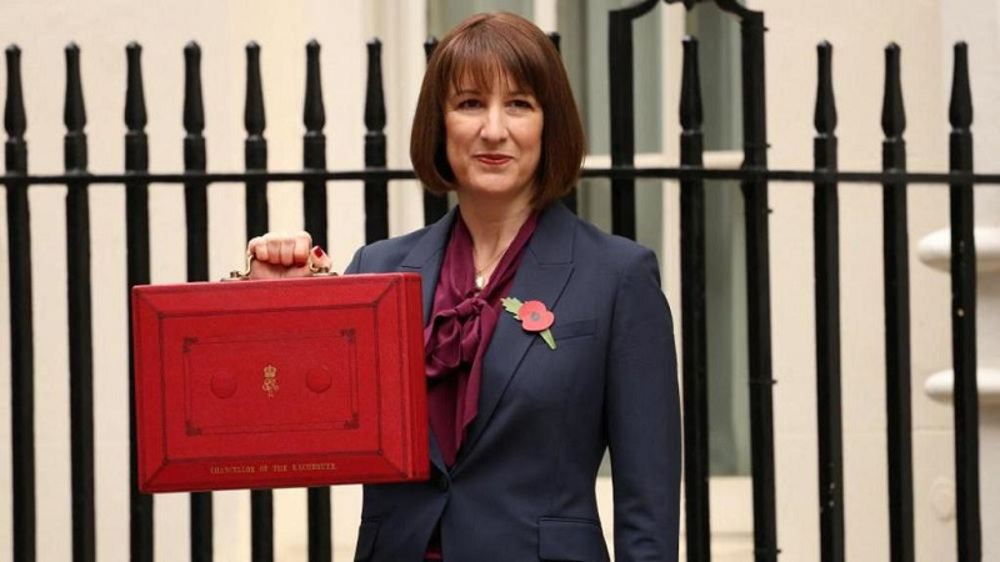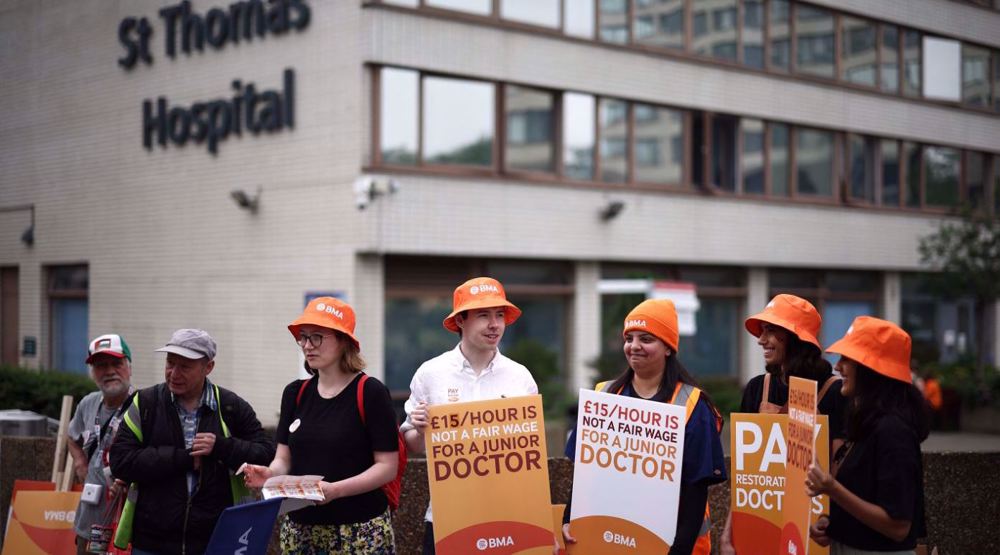UK’s coronavirus lockdown may lead to 6.5 million jobs lost
More than 6.5 million jobs could be at risk of being lost as a result of the economic fallout from the UK’s coronavirus lockdown, according to a recent study.
The research, carried out by the Institute for Social and Economic Research at the University of Essex, has warned this would equate to about a quarter of the UK’s total jobs, with more than half of the positions in certain sectors being lost.
Accommodation and food services are predicted to be worst affected, with 75 percent of jobs – about 1.3 million positions – lost, while some sectors referred to as “other services” are predicted to lose 50 percent and “wholesale, retail and repair of motor vehicles” is predicted to lose 47.6 per cent.
The transport and storage sector could be severely hit with 700,000 positions, amounting to 44% of workforce, at risk of being lost during the lockdown. A further 26.5 percent of jobs in “administrative and support services” are expected to go as well, the study said.
The University of Essex study uncovered a knock-on effect for various industries from job losses, with the agriculture, forestry and fishing sector predicted to lose one job in 10 due to reduced demand from the accommodation and food sector.
Some sectors such as health and social work, however, were predicted to see an increase in their workforce.
Professor Matteo Richiardi, an expert on modelling labor markets who led the research, has warned jobs could be permanently lost depending on the duration of the lockdown.
“If this is short, say a few months, the links between employers and employees of affected industries might not be severed, and individual careers might not suffer too much,” he told The Observer.
“Under a longer lockdown, losses of human capital and scarring effects will occur. The economy will still bounce back, but at a higher cost for individuals.”
The analysis, according to Professor Richiardi, confirmed fears that a continued lockdown was neither economically viable nor sustainable, raising pressure on the government to work out a way to ease restrictions.
“This is why we need to make the most out of the extra time the lockdown is buying us, and increase our capacity to trace and isolate new cases, especially asymptomatic cases, so that the economy can be restarted before a vaccine is ready,” he said.
Professor Ricachiardi has called for the lockdown to be phased out across sectors and regions, rather than switched on and off altogether.
He pointed out that countries which had taken strong early action, such as Taiwan, were suffering reduced economic effects from the pandemic, while countries which have attempted to prioritize the economy, such as the US, were “not performing very well in the crisis”.
'Next to impossible' to rescue patients from Gaza's Kamal Adwan Hospital: Director
VIDEO | Vietnam current prosperity
Report blames gasoil exports for shortage at Iranian power plants
VIDEO | Hind Rajab Foundation names Israeli war criminals vacationing after Gaza genocide
VIDEO | Australians rally for Gaza ahead of Christmas festivities
VIDEO | Attacks on Sana'a
Iran reports further drop in annual inflation rate in December
Israel indicts two settlers over suspected spying for Hezbollah












 This makes it easy to access the Press TV website
This makes it easy to access the Press TV website